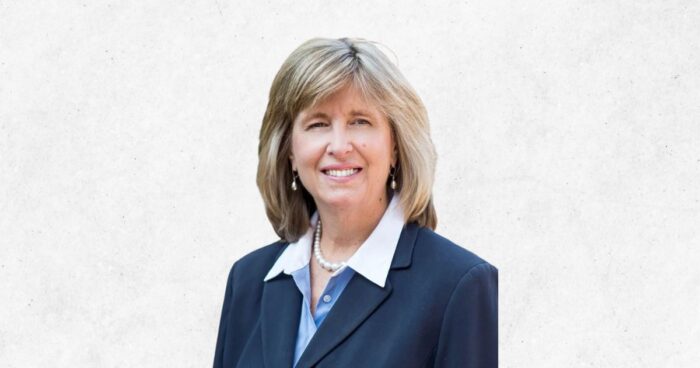I am reminded every day of the importance of continuing the practice of Ho’oponopono.
No matter the problem, the connection with the inner family is more important than anything else. Regardless of what is happening outside, I take a step back and remind myself, “I don’t know what is really happening or what it means.” From there, I shift my focus inward and, together with my Unihipili, I check one by one what is occurring inside. By continuing cleaning, I have always been able to return to my true path.
For example, in human relationships, I use cleaning tools for what I am experiencing in that moment. Then I say, “Dear Divinity, You know what is best. I do not.” In doing so, I let go of the urge to solve things with my thinking—that is, I release the memories. Even when fear, anxiety, and various thoughts arise, I entrust them all to the cleaning and let them go. And in return, something completely unexpected often comes back.
About a year and a half ago, I moved to New York to take a position at a foundation. It was a role that came as a continuation of my long career in nonprofit fundraising. I cleaned and felt, “This is the right step for me,” so I accepted the job and relocated.
However, while working there, I began to sense that something didn’t feel right. I kept cleaning, and eventually, inspiration came: “No matter how much I clean, this is not the right place for me.”
I tried to return to the place of “I don’t know what is really happening,” and continued cleaning. And I received the inspiration that it was not right for me to stay in that job. Because I had cleaned all the thoughts and judgments beforehand, the decision that followed came very smoothly. As soon as I returned to my home on the East Coast, a new opportunity came to me. It’s been about four months since I started my new job.
This whole experience was a learning for me. In every job I’ve had so far, organizational restructuring and major changes would happen while I was there. Amid those shifts, I always cleaned whatever arose in my relationships with colleagues and superiors. That’s why I believed, “No matter what happens, I can clean.” But this time, I realized, “Even if I clean, this won’t change—because this isn’t where I’m meant to be.”
In Ho’oponopono, even our workplace has its own identity, and we can “dialogue” with it. Why I ended up in that job in New York—truly, I still don’t know. But one thing is certain: I went through that experience, place, and job in order to clean myself. Whether I liked what I experienced or not, it was simply a trigger for cleaning. And if I can engage with that place through cleaning, the next “right place” for me will naturally appear.
Peace,
Caroline Kawaianuenue Sayres



